In an era where social media platforms have become an integral part of our daily lives, the ethics of social media have never been more crucial. These platforms have transformed how we communicate, gather information, and express ourselves, but with great power comes great responsibility. This blog delves into the multifaceted world of the ethics of social media, exploring key issues, guidelines, and the impact of our online actions.
Understanding the Ethics of Social Media
Ethics of social media encompass the moral principles, standards, and guidelines governing behavior on various online platforms. These principles reflect a sense of responsibility, respect, and integrity in digital interactions. While the ethical landscape is continually evolving, here are some essential aspects to consider:
Privacy Concerns
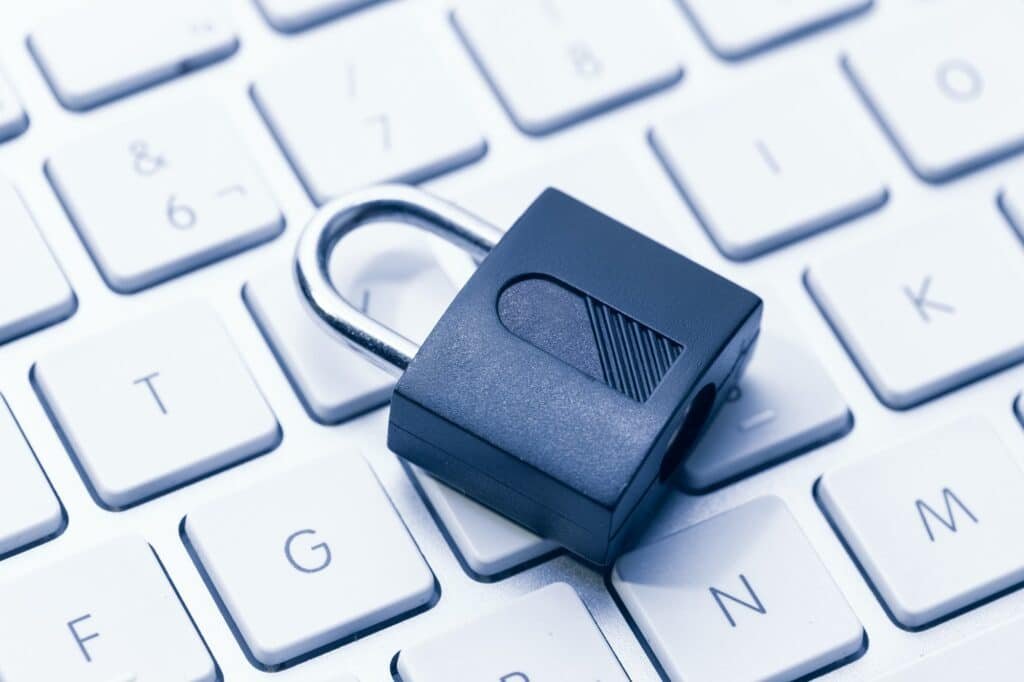
Privacy is a cornerstone of social media ethics. Users share personal information, photos, and opinions on these platforms, expecting a reasonable degree of privacy. Social media companies have a responsibility to safeguard this data and be transparent about how it is used.
However, privacy breaches, data mining, and unauthorized data sharing have become rampant concerns. The ethics of social media necessitate that platforms prioritize user privacy and provide clear options for users to control their data.
Authenticity and Honesty
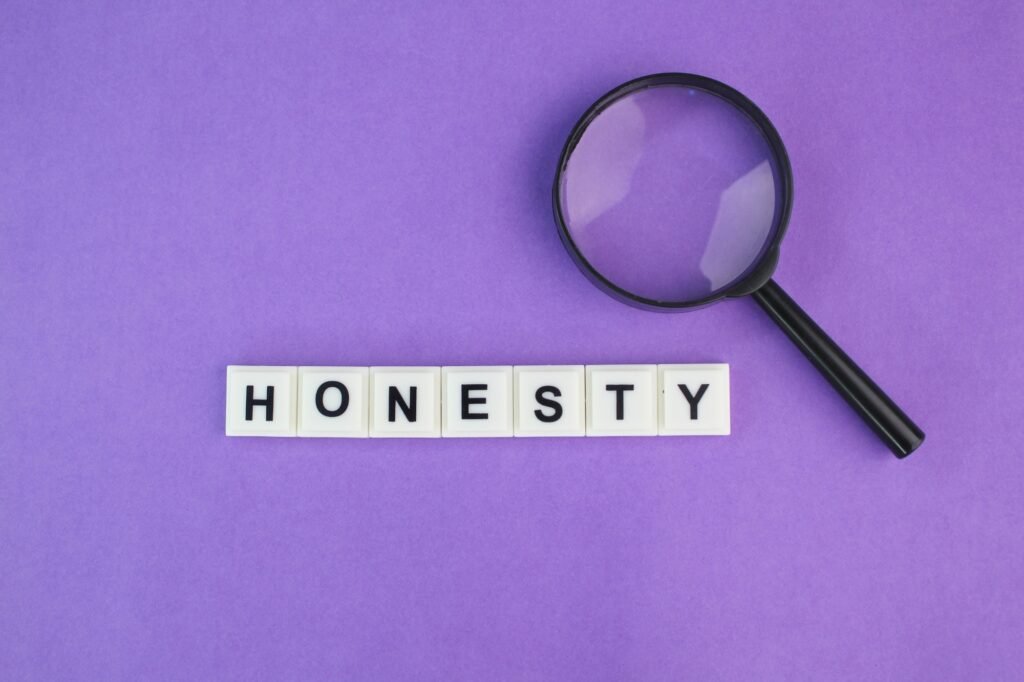
One of the critical aspects of ethics of social media is authenticity and honesty. Users and brands should represent themselves truthfully online. Deceptive practices, such as creating fake accounts, using misleading clickbait headlines, or manipulating images, undermine the trustworthiness of the platforms. Influencers and brands, in particular, have a responsibility to be transparent about sponsored content and endorsements. Followers deserve to know when an endorsement is a paid promotion rather than a genuine recommendation.
Cyberbullying and Harassment

Cyberbullying and online harassment have become pressing issues on social media platforms. These actions harm individuals, promote a toxic online environment, and infringe on ethical standards. Users and platform administrators must work to prevent, report, and address such behavior.
Ethical users should refrain from engaging in cyberbullying or harassment and should instead promote a respectful and supportive online community.
Misinformation and Fake News
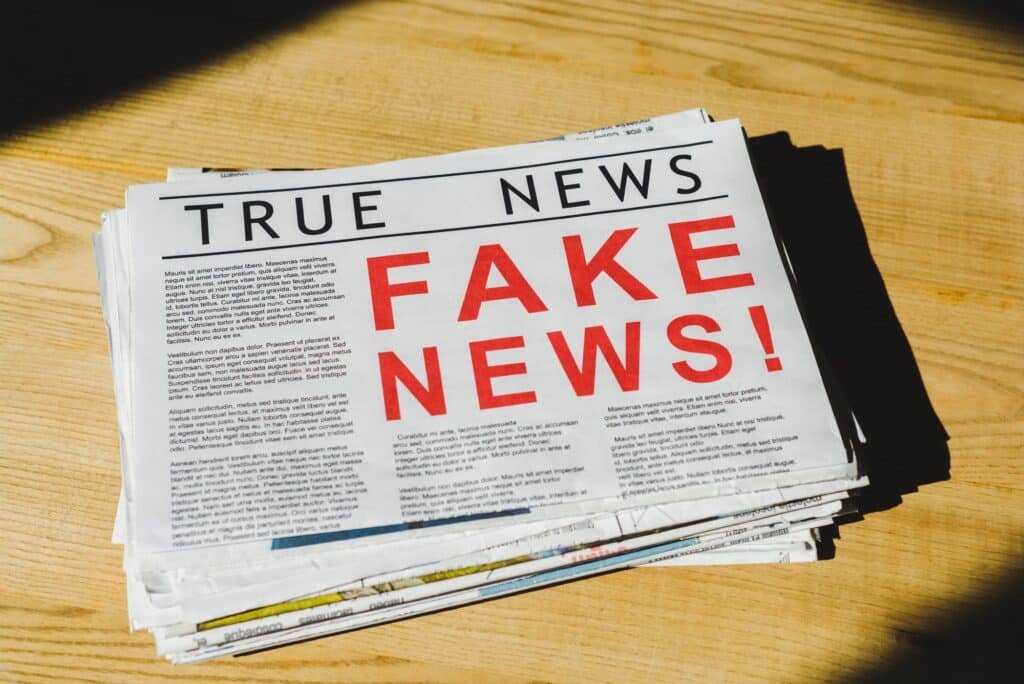
The proliferation of misinformation and fake news on social media is a growing concern. Sharing false information can lead to harmful consequences, from health misinformation to political polarization. Ethical use of social media requires users to verify information before sharing and to promote accuracy and fact-checking.
Social media platforms must also play a role in curbing the spread of misinformation by implementing measures to detect and mitigate false information.
Data Security and Protection

Data breaches and security lapses have become a pressing issue in recent years, leading to the exposure of sensitive information on various social media platforms. This has created a significant ethical concern, as these platforms often fail to implement adequate measures to protect user data from unauthorized access. In order to safeguard their personal information, users must take proactive measures such as creating strong passwords and enabling two-factor authentication.
Intellectual Property and Copyright

Respecting intellectual property rights and adhering to copyright laws is of utmost importance when it comes to practicing ethical behavior on social media. It is essential for users to obtain proper permission before using or sharing copyrighted material. Failure to do so can result in severe legal and ethical consequences, including charges of plagiarism and unauthorized use of intellectual property.
Community Guidelines and Moderation
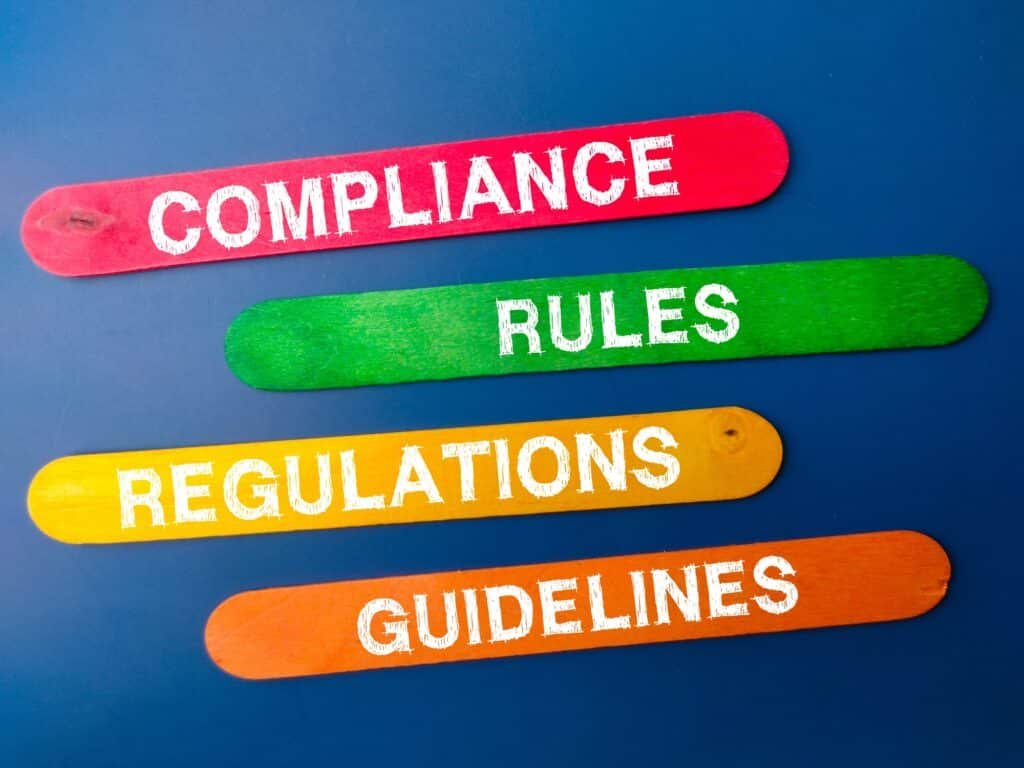
Social media platforms play a crucial role in maintaining a healthy online community by establishing and enforcing community guidelines. Upholding ethical standards in platform moderation ensures that harmful and inappropriate content is promptly removed, thereby fostering a safer and more inclusive online environment for users.
Accountability and Responsibility
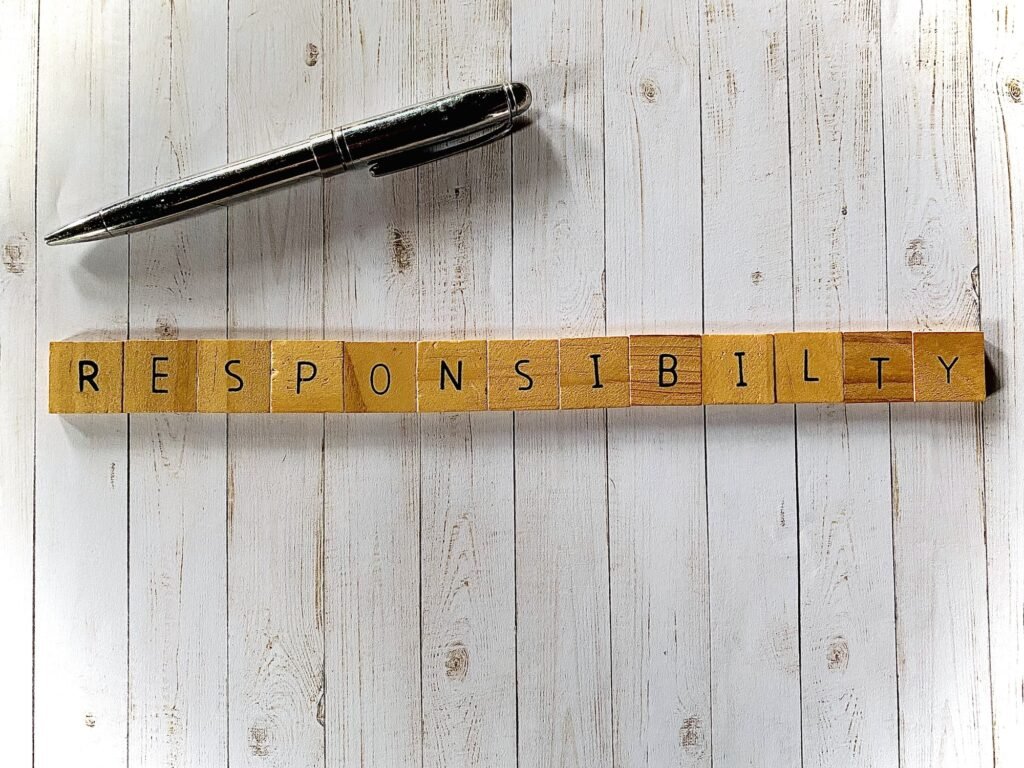
Ethical social media use calls for accountability and responsibility from all users. While social media platforms have a responsibility to provide a safe and ethical space, individuals must also be accountable for their own actions and contributions to the online community. By taking responsibility for our behavior, we can collectively create a more positive and respectful digital environment.
Empathy and Kindness

Promoting empathy and kindness is paramount in ethical social media practices. The online world can often be a hostile and unforgiving place, but by actively fostering empathy and kindness, users can help to create a more compassionate and supportive digital landscape. Simple acts of kindness can go a long way in making someone’s day and fostering a sense of community and belonging.
Digital Citizenship

Digital citizenship encompasses the idea of responsible and ethical behavior in the digital realm. Practicing good digital citizenship involves not only respecting others but also safeguarding personal information and using the internet as a tool for positive contributions to society. By adhering to the principles of digital citizenship, individuals can actively contribute to a better and more inclusive online world.
The Impact of Ethical Social Media Use
Ethical social media use has wide-ranging implications for individuals, society, and businesses. When users and organizations embrace ethical principles online, numerous positive outcomes can be observed:
- Trust and Credibility: By practicing ethical behavior on social media, individuals and organizations can establish trust and credibility, which in turn strengthens relationships with followers, customers, and peers. This trust and credibility can significantly benefit their online presence and reputation.
- Safety and Well-being: Ethical use of social media platforms fosters a safer and more positive online environment for users. It helps reduce the prevalence of harmful content and behaviors, ensuring the well-being and mental health of individuals who engage with these platforms.
- Business Success: Ethical social media practices play a crucial role in the success of businesses and brands. By demonstrating ethical behavior, organizations can build customer loyalty and establish a positive public perception. This, in turn, can lead to increased sales, improved brand reputation, and long-term business growth.
- Personal and Professional Growth: Engaging in ethical behavior online can have a profound impact on personal and professional development. It opens up opportunities for collaboration, networking, and learning from others. By engaging with others in an ethical manner, individuals can expand their knowledge and skills, thereby enhancing their personal and professional growth.
Navigating the Complex World of Social Media Ethics
In conclusion, the ethics of social media are of paramount importance in our increasingly connected digital world. By understanding and practicing ethical behavior online, we can promote a more positive, trustworthy, and responsible digital environment. Whether you’re an individual user, a business, or a social media platform, embracing these ethical principles benefits everyone and contributes to a healthier online community. As you navigate the complex landscape of social media, remember that your online actions have real-world consequences, and adhering to ethical guidelines can help ensure those consequences are positive and constructive.